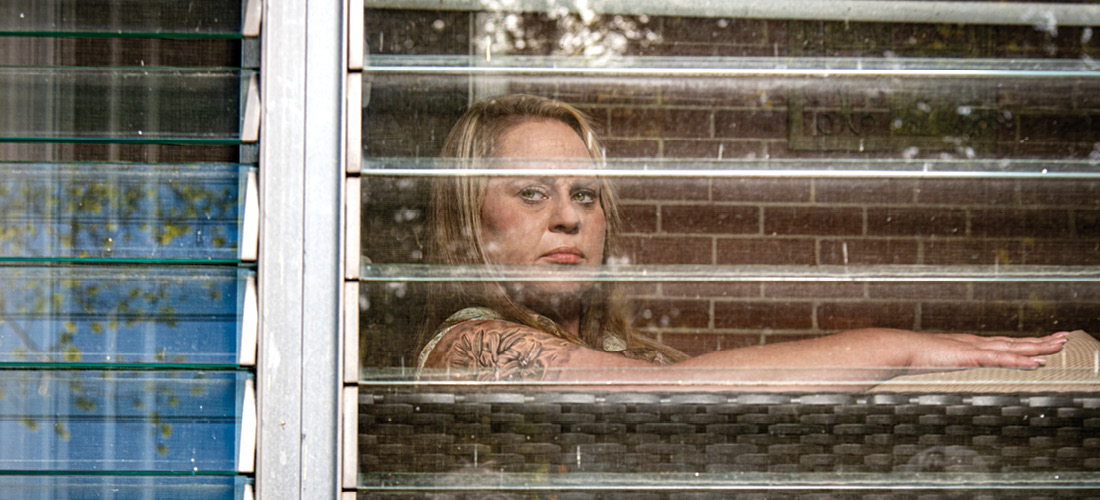
When Celia Colón’s third child was about to graduate from eighth grade, the Chicago mom was proud and excited. Colón was eager to do the things many moms do as their children reach that milestone—decorate the gym, attend special field trips and chaperone the graduation dance.
But in spring 2019, the new principal at the Hammond, Indiana, Catholic school Colón’s children had attended for years called.
“She said, ‘Ms. Colón, because of your violent record, you cannot attend the graduation festivities,’” Colón says. “I was floored.”
The call came 25 years after Colón, then a teenager, was convicted of attempted murder and armed robbery. She spent more than six years in prison, leaving behind a 15-month-old daughter with the girl’s paternal grandmother.
"They're making my child wear my number. They're making my child wear my shame." - Celia Colón
After her release, she reunited with her child, married, started a new family and a nonprofit, Giving Others Dreams, which provides reentry services to formerly incarcerated women.
Even though Colón has stayed clear of the law for more than 20 years, her younger children, born long after she left prison, still feel the shadow of their mother’s record.
“They’re making my child wear my number,” Colón says. “They’re making my child wear my shame. They’re making my innocent child pay for my debts—which are not hers to bear.”
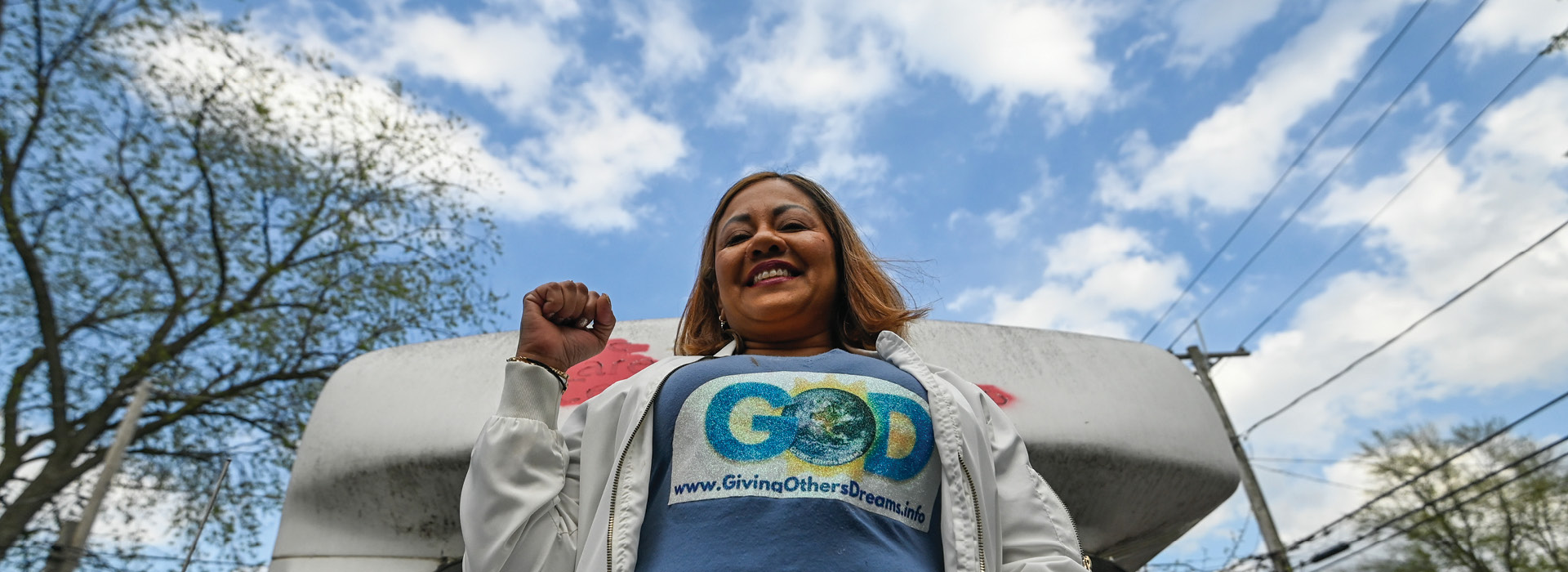
Those who want to work for or volunteer with schools in the Diocese of Gary, Indiana, are disqualified from working with children if they have been convicted of certain felonies, per state and federal guidelines. Colleen McGinty-Rabine, the diocese communications director, explained the policy in an email to the ABA Journal. “It is normal practice for a school to advise the person that they are not to attend school events.”
After the administrator’s call, Colón protested to school officials and the diocese, telling them she’d tell the press if she was not allowed to go to graduation. “Then they called me back and said, ‘Miss Colón, you can come, but don’t tell nobody,’” she says. “I went. I didn’t enjoy myself as much because I was fighting with this internal stigma, like, ‘I’m here with my child, but they didn’t really want me to be here.’”
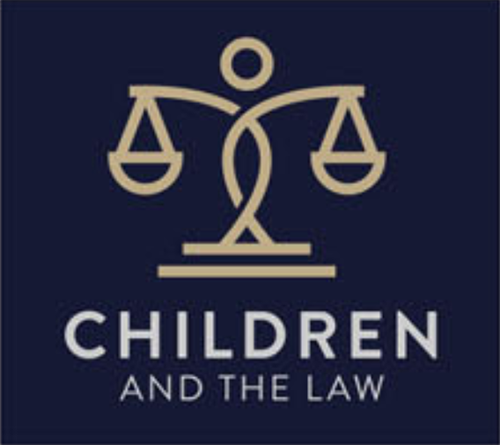
Parents, like all those returning from prison, face more than 40,000 statutes and regulations nationwide that make reentry into their communities a challenge, according to the Council of State Governments Justice Center. On average, every person released from prison must negotiate 750 consequences from state and territorial laws plus 950 from federal laws.
These “permanent punishments,” as some activists call them, run the gamut, including regulations on handling basic needs—receiving a driver’s license, finding a job, renting an apartment—along with less formal restrictions that impact the ability to participate in their child’s school activities. Many consequences are imposed indefinitely, impacting the family for the rest of the parent’s life, no matter how long they have been home or how well they reintegrate into society.
“Collateral consequences are this deep, dark secret,” says Catherine Sevcenko, the Alexandria, Virginia-based senior legal counsel for the National Council for Incarcerated and Formerly Incarcerated Women and Girls. “It’s an endless litany.”
Nearly 2 million women are released from state prisons and jails each year, according to the Prison Policy Initiative, and 58% of women in state and federal prisons are moms to kids under 18, according to the Department of Justice.
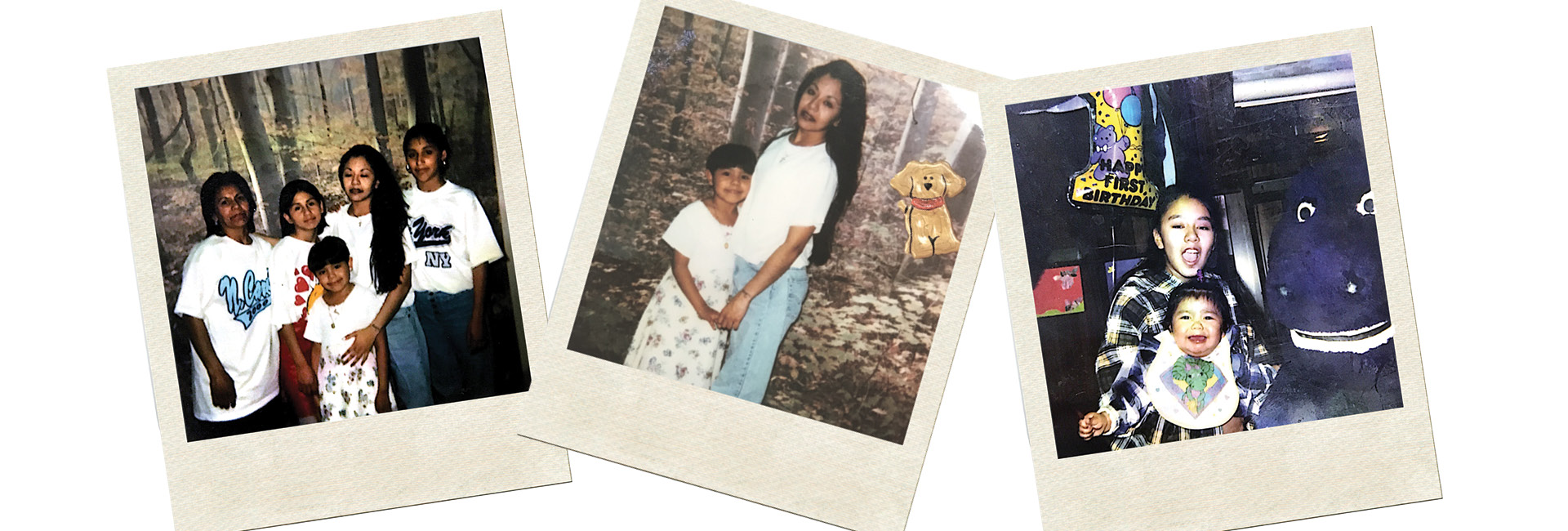
Fathers returning from prison also face collateral consequences; however, in 71% of family units, women are the primary caregivers, according to job-matching service Zippia. Across the country, 2.7 million children have an incarcerated parent, according to the National Institute of Corrections.
According to a study of 34 states by the Bureau of Justice Statistics, 63.1% of women who were released from state prison in 2012 had been arrested again within five years, compared with 71.7% of men.
“Ideally, a lawyer could tell the client what the consequences of a conviction would be on their family,” says Philip M. Genty, a professor at Columbia Law School. “But it is very difficult because of the range of context, the range of laws and the situations—which may not even involve laws but may just involve the stigma of the criminal conviction.”
Having a parent in jail or prison is classified by the Centers for Disease Control and Prevention as an Adverse Childhood Experience: something that can cause lifelong harm to a child’s physical and mental health. Research shows parental incarceration can impact the well-being of these children, who face residential instability, shame and stigma.
“When Mom is out of the picture in many families, all hell breaks loose, right?” says Gail Smith, the director of the Children’s Best Interest Project in Chicago and founder of Chicago Legal Advocacy for Incarcerated Mothers. “I don’t think that most of us think about what it means for a child to not have that grounding that they were trusting.”
Along with the troubles a mother’s own family faces when she is incarcerated, her release from prison can also affect her victims. Some victims might never want to forgive their perpetrators and might never feel safe, says Renee Williams, the executive director of the National Crime Victim Bar Association in Washington, D.C. Still, about 60% of victims want there to be more rehabilitation in prison than punishment after release, she says. “It’s very hard for me to make a blanket statement [that] collateral consequences should be completely abolished. Some collateral consequences are necessary, such as the ability to get firearms,” adds Williams, who is also the executive director of the National Center for Victims of Crime, which advocates for victims’ rights. “It’s about safety.”
The ABA supports collateral consequences in some cases but also noted in a 2022 statement that “many such added sanctions bear no relation to the underlying offense, yet they undermine both an individual’s reintegration into society and public confidence in the justice system.”
Often, a parent’s criminal record has nothing to do with the treatment of children.
“There has to be some kind of an analysis of whether the ... conviction is relevant to parenting,” adds Genty, a member of both the ABA Section of Legal Education and Admissions to the Bar and the Senior Lawyers Division.
Drew Umberger, an Atlanta mom, was convicted of racketeering in December 2017 and spent four years and three months in prison. The crime occurred in 2009, years before her children were born. “But it looks like I had my children, I committed crimes, and I just didn’t care,” she says. “People don’t know the whole story.”
Umberger was released in April 2022. But she had no idea about the collateral consequences that could impact her involvement in activities like attending school events with her children. “Nobody’s ever mentioned anything like that,” she says. “It’s disheartening. I did my time, right? And I’m still doing time—it’s like I will always do time.”
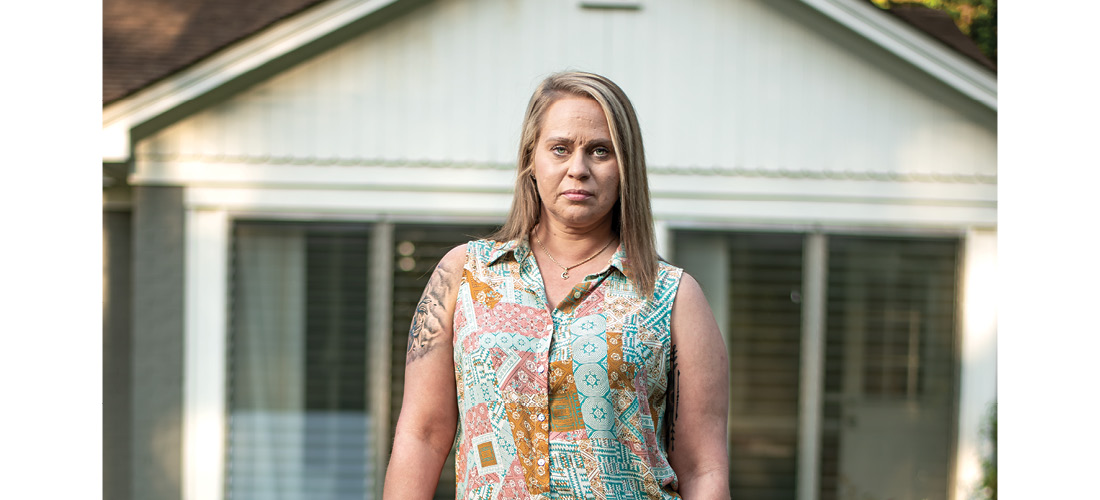
While facing high rates of food insecurity, unemployment and homelessness, moms released from prison must navigate parole requirements.
“At the same time, they’re also trying to comply with the requirements of the child welfare system,” says Diana Rugh Johnson, a child welfare law specialist in Atlanta and a member of the ABA National Alliance for Parent Representation Steering Committee.
Reunification case plans can be 40 to 50 pages long and include parenting classes, individual therapy, family therapy and unscheduled drug testing along with maintaining housing and employment requirements. “A lot of times, working that reunification case plan is a full-time job in itself,” Johnson adds.
And there are emotional hurdles. “The problems of resuming the role of mother are pretty steep,” says Johnson, a judge pro tempore in the DeKalb County Juvenile Court in Georgia. “There is the process of learning to parent this particular child who has feelings of abandonment and maybe has lived in seven different foster homes and has whatever behavioral health diagnoses that have come up during those years.”
"[My daughter] still has abandonment issues. She feels cheated." - Diana Delgado
Diana Delgado, a Chicago mom who has been home since 2018 after a string of incarcerations, feels her relationships with her five children, now adults, are still strained.
“Truly, it still hurts my heart when I see them struggle through situations, especially my daughter,” who is now 28, she says. “She still has abandonment issues. She feels cheated.”
Delgado was pregnant with her daughter during her first incarceration. Once she was released, it was many years before her daughter would want to live with her.
“She feels I wasn’t there for her.”
Nationwide, 72% of collateral consequences create barriers to employment opportunities, according to the Council of State Governments Justice Center. Incarcerated men often have access to far more job training opportunities than women, who often depend on low-wage jobs at places like day cares or school cafeterias. But state laws often prohibit employing people with criminal histories in those places, Johnson says.
“A lot of these employers scream that they’re ‘second chance,’ but it’s based upon stipulations,” Umberger says. For instance, she’s found some employers will hire only if the charge is at least 10 years old.
"The employer says, ‘That’s a personal issue. Why should I let you keep your job when there’s other people who don’t have those personal issues and obligations?'" - Celia Colón
Ban the Box laws that remove conviction and arrest history questions from job applications are in effect in 37 states. But background checks still can occur later in the employment process, and employers can rescind offers.
Legal advocates say that to keep the community safe, employment consequences should consider the person, their crime and the job.
“If somebody was convicted on fairly heinous child sex abuse charges, I would not feel comfortable with them being a janitor at a children’s hospital,” the National Crime Victim Bar Association’s Williams says, “because of what we know about pedophilia, because it is a propensity.”

Once employed, moms need the flexibility to take off once or twice a week for mandatory visits. “If I don’t show up, that means I don’t want my children, in the eyes of the court,” Colón says. “But the employer says, ‘That’s a personal issue. Why should I let you keep your job when there’s other people who don’t have those personal issues and obligations?’”
When a formerly incarcerated mom’s kids live with her, affordable day care options are few.
“They can be locked out of Section 8 day care,” which is funded by Temporary Assistance for Needy Families, Johnson says. And parole requirements might restrict contact with people with certain criminal histories. If Grandma has a record, she can’t babysit, she adds.
Many states require parents to have their own residence meeting specific stipulations before regaining custody of their children. But getting that home can be a struggle.
In California, for example, Child Protective Services requires that only two children can share a bedroom, parents can share a room only with infants, and boys and girls older than 5 cannot share a room. That means parents with a school-aged boy and a girl need a three-bedroom home.
“You can’t do that on minimum wage,” Colón says.
And many landlords won’t rent to people with records. The New York City Council is considering the Fair Chance for Housing Act, which would prevent landlords from discriminating against renting to people with arrests and convictions. But around the country, many parents returning from prison are unable to provide housing for their families.
In Georgia, a judge told Umberger her children would be returned once she moved out of a transitional center and had proper housing.
“Nobody would rent to me because of my criminal convictions,” she says.
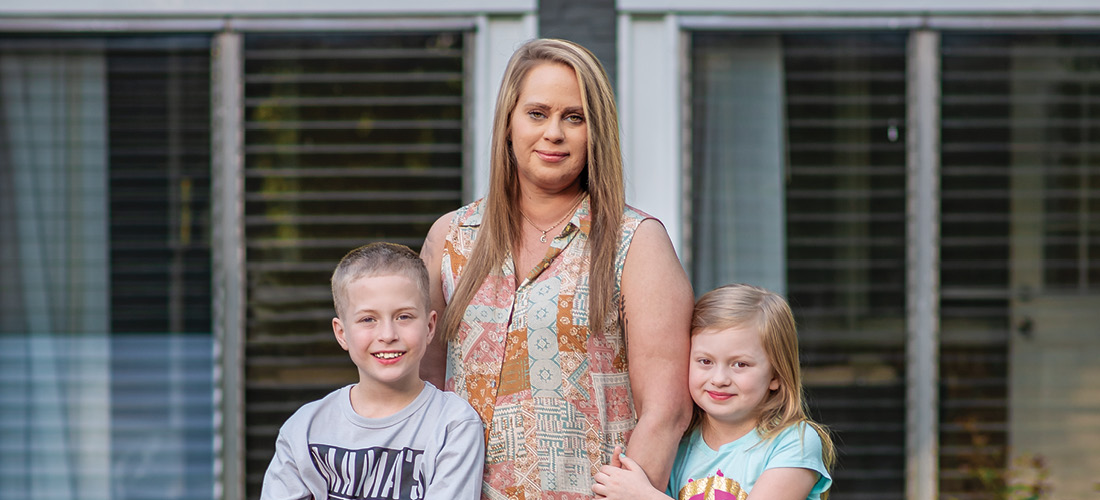
Instead, she saved money from her jobs picking up garbage and as serving as a peer advocate at the Policing Alternatives & Diversion Initiative in Atlanta and bought a house. Still, it took four months after she closed to get her kids back.
The time Umberger spent waiting for her days in court was hard on her kids. Her 9-year-old son, Eli, was frustrated and acting out.
“He was like, ‘Mom, you said once you get this house, you said you’ll get us back.’ And I was like, ‘We’re still in process,’” she says. “He’s smart. He’s a straight-A student. He is just angry.”
Umberger feels his behavior will improve. “I hope now that he’s back in the home and sees that Mommy does care, Mommy is here, she’s not going anywhere, things will subside.”
At school, the stigma of having an incarcerated parent can cast a shadow on children, says Delgado, who now works in customer service. Once, her son got in a verbal disagreement with a teacher. “The teacher told my son he would be lucky if he made it to 18—or if he did, he’d end up incarcerated like his father,” Delgado says. “They were definitely mistreated because of the errors of their parents.”
There are laws regarding access to schools for those who committed specific crimes involving children. For instance, a New York law states people convicted of a sex offense who are on parole or conditional release are prohibited from school grounds. But if that person’s child is school-aged, the parent can request permission to attend a school event, possibly with supervision, Genty says.
Once discharged from parole or conditional release, there’s no law explicitly prohibiting a parent from school grounds for their child’s events—but a school might restrict them anyway, he adds.
Those convicted of other crimes with child victims might be restricted from contact with kids—including their own—by the New York State Board of Parole. Sometimes, a family court or a criminal court issues an order of protection because of domestic violence or child abuse. That parent has a clear remedy with a court that can make nuanced decisions about the child’s needs, Genty says. Other times, simply having a record for any crime impacts a parent’s ability to be involved with their children’s activities, even though there’s nothing legally mandating that, Genty adds.
"I can't even bring her to the Girl Scouts meetings because I'm a convicted felon." - Vanessa Garrett
Institutions that deal with children are often wary of a parent with a criminal record. “They’re worried about what other parents will say,” Genty says. “Other parents can argue publicly that the school is endangering children by allowing the parent to be on school grounds. This has the potential to create significant political problems for the school.”
Vanessa Garrett, a mom in Atlanta who served eight years for aggravated assault and battery and leaving the scene of an accident, can’t join the PTA at her daughter’s school.
“I can’t even bring her to the Girl Scouts meetings because I’m a convicted felon,” says Garrett, who is now the program director at the nonprofit Motherhood Beyond Bars in Atlanta.
Background checks are mandatory for Girl Scout troop leaders and volunteers. Local Girl Scout councils work “within their local jurisdictions considering federal, state and local laws to establish the volunteer screening process and regulations,” according to an email to the ABA Journal from the national organization’s media relations office.
“They are not looking at me,” Garrett says. “I am being penalized for the people before me who messed up. This was a mistake and not a lifestyle.”
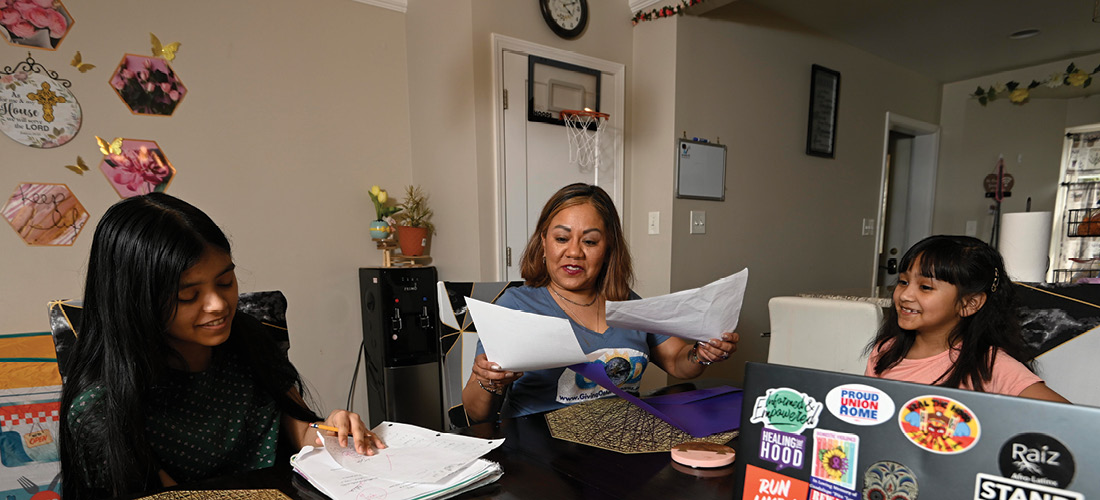
Legal challenges to the consequences are few and often frustrating, Genty says. “The available remedies, such as they are, are typically administrative proceedings brought against the agencies, with the possibility of going to court to challenge an adverse agency determination,” Genty says. In these proceedings, the standard of review is very deferential to the agency, which needs only to show its decision was “reasonable” and not an “abuse of discretion,” he adds. “They tend to take a hands-off approach and affirm the agencies’ actions.”
Legal advocates and formerly incarcerated women say judges, employers, school administrators and landlords should consider an individual mother’s history since returning home along with how much time has passed since the crime.
“Collateral consequences do make it very difficult for folks to reenter society post-incarceration,” victims advocate Williams says. Instead of sweeping collateral consequences, cases should be considered on an individual basis, taking into account the crime and the person’s record.
“They’re judging you based on something that happened 30 years ago, 27 years ago, when you were a child. But because you have this number, you’re considered one of the most horrific people on the planet,” Colón says. “We shouldn’t just be thrown all in a bucket. We should be looked at as individual people.”
Related article: States reconsider the permanent sanctions of child abuse registries
This feature is part of the ABA Journal’s Children & the Law series exploring children’s law and juvenile justice.